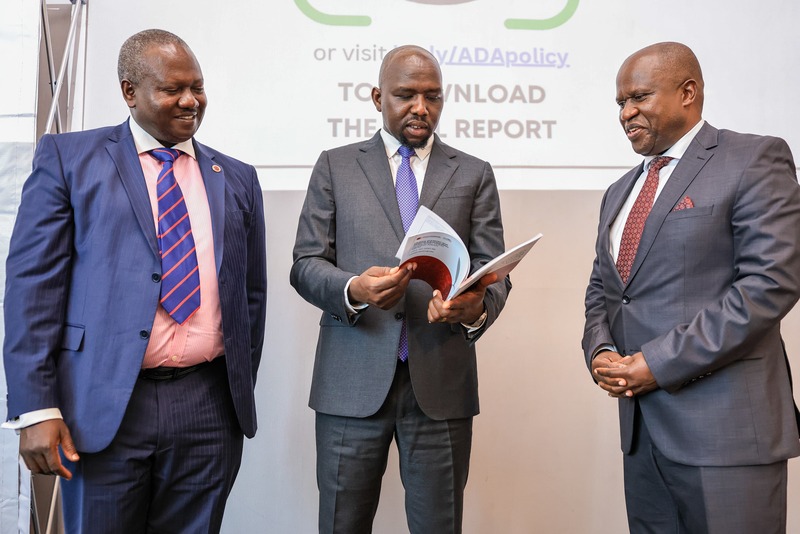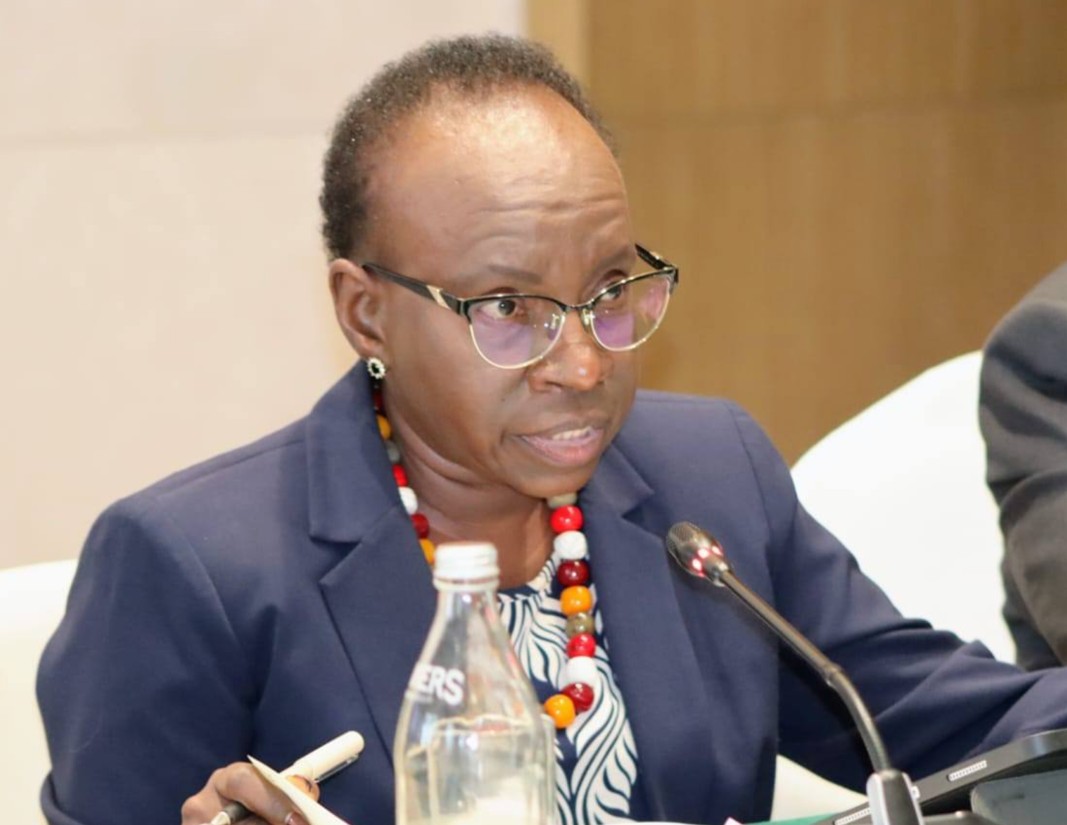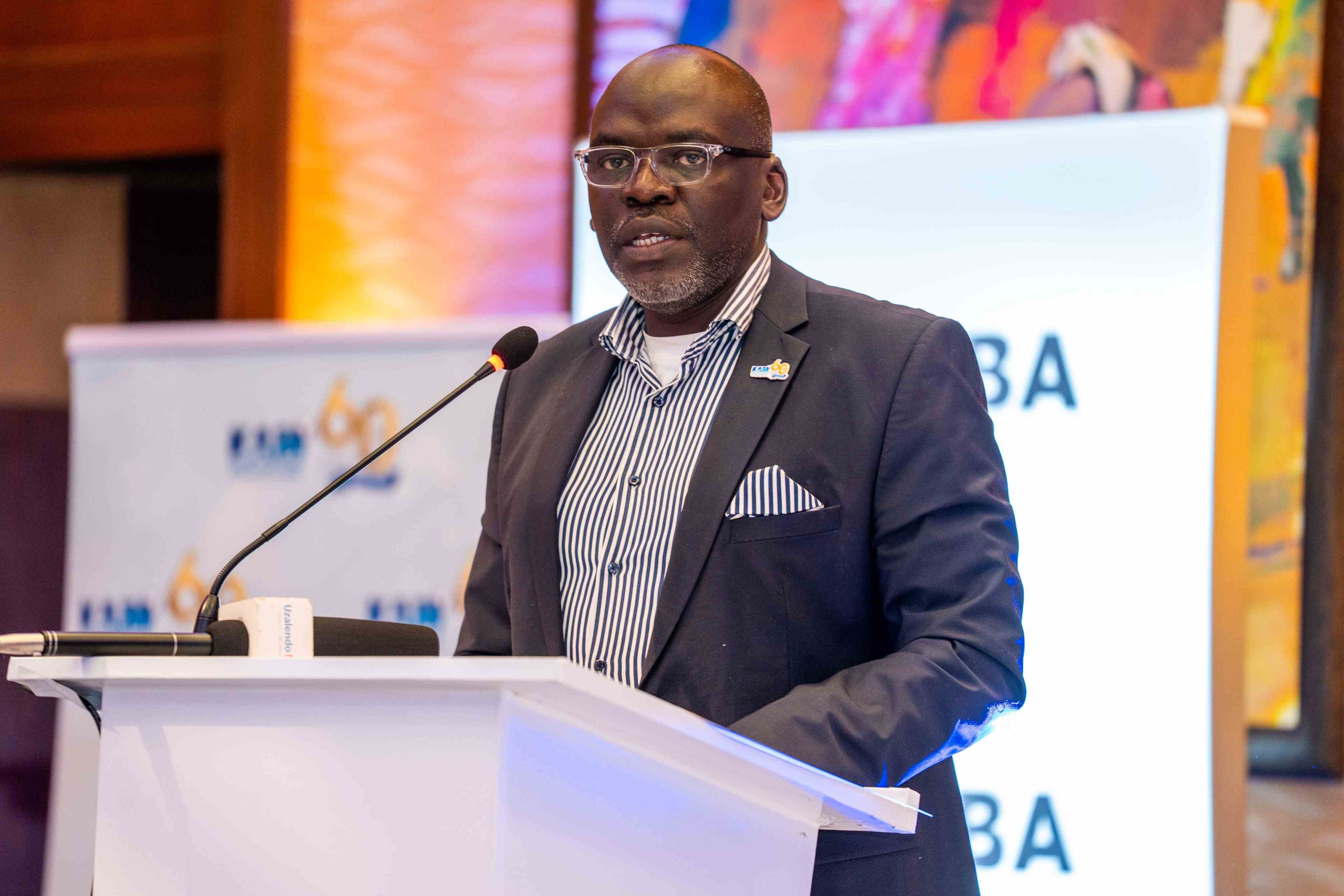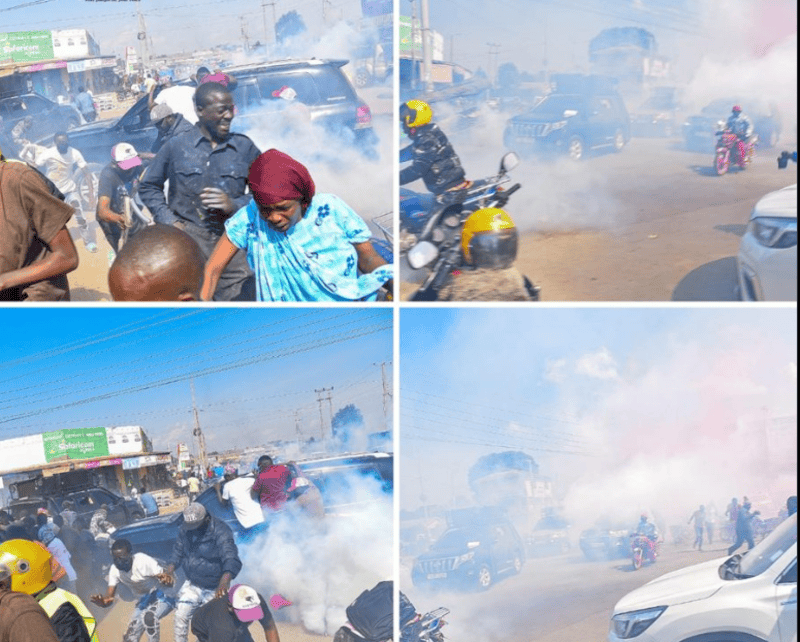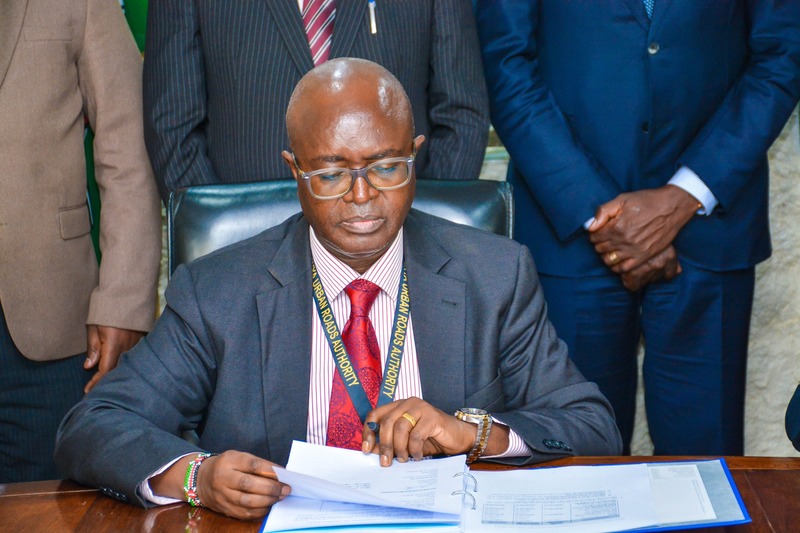Intensifying Congo conflict puts 1 million children at risk of acute malnutrition
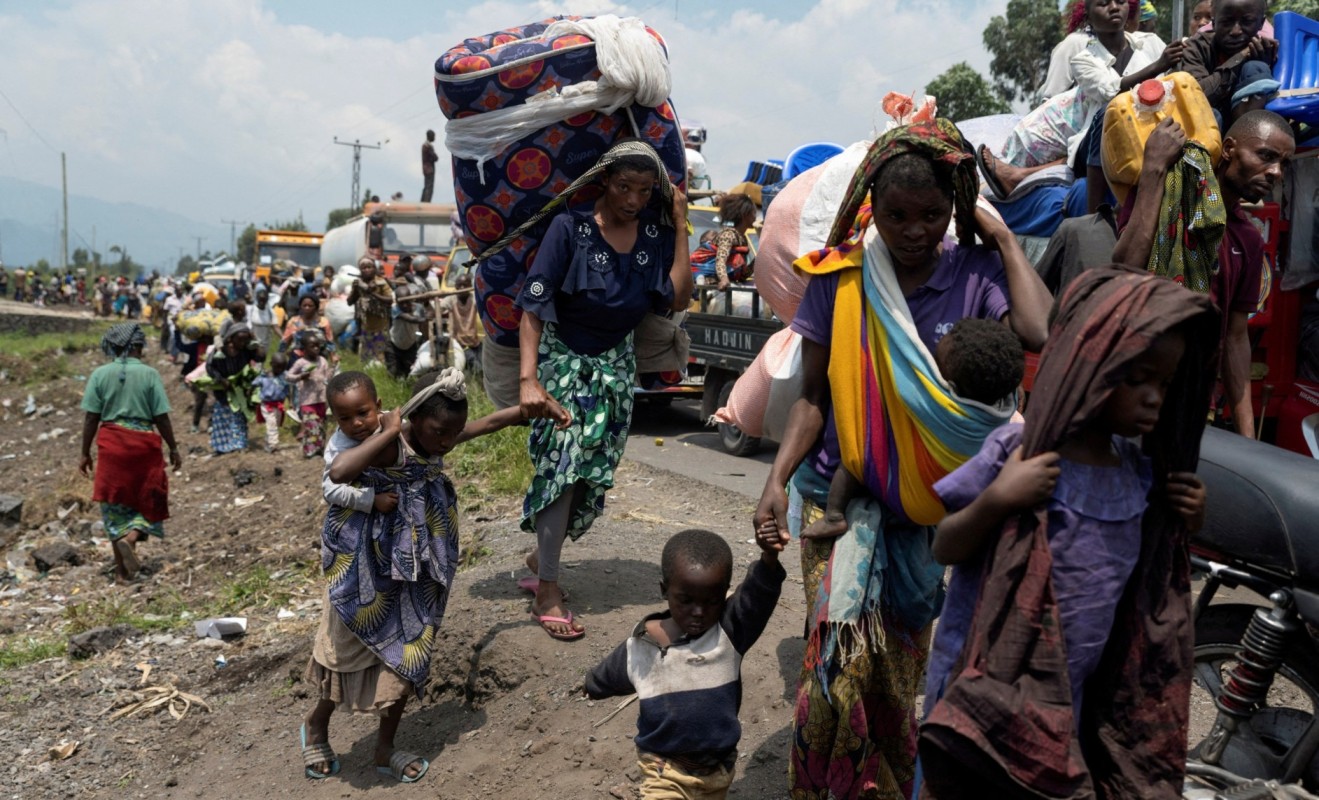
The WHO has registered over 20,000 cases of cholera across the country so far this year and 60,000 cases of measles, with real numbers probably higher due to insufficient surveillance.
More than one million children are at risk from acute malnutrition in the Democratic Republic of Congo as rising violence drives up needs among millions of displaced people, the World Health Organisation said on Friday.
The impact on civilians of the more than two-year conflict between Congolese forces and the Rwanda-backed M23 militia in eastern areas of the country is worsening, causing more people to flee, with 2.7 million displaced in North Kivu alone.
More To Read
- Rwanda Parliament dismisses 'unfounded allegations' by Congo house speaker
- EAC, SADC agree on unified framework to speed up peace process in eastern DRC
- DRC conflict: President Ruto backs merger of Nairobi and Luanda peace initiatives
- African Union calls for stronger action to implement peace deals in eastern DRC
- DRC and Rwanda hold first joint oversight meeting to advance peace deal
- M23 rebels capture two villages in DRC’s North Kivu despite Qatar peace pact
Severe flooding and landslides, as well as long-simmering conflicts affecting other parts of the country, have worsened needs, and around 25 million people currently require humanitarian aid, according to the WHO.
"If immediate action is not taken to address basic needs in the DRC, over 1 million children will suffer from acute malnutrition," WHO's Senior Emergency Officer Adelheid Marschang told a press briefing in Geneva.
"The acute malnutrition is a result of widespread, increasing, and also recurrent food insecurity in the areas that have seen conflict for years and decades now but where we now very recently see an escalation," she said.
The children at risk were mostly among the millions already displaced by fighting in eastern areas, but also children in the central Kasai provinces, she said. Already, hundreds of thousands of children are suffering from acute malnutrition, she said, which can make them more vulnerable to infection and disease and requires sustained treatment.
The WHO has registered over 20,000 cases of cholera across the country so far this year and 60,000 cases of measles, with real numbers probably higher due to insufficient surveillance.
"The needs are just increasing exponentially, especially very recently, and the projections are that this will continue," Marschang said.
Adding to the challenges, humanitarian access has been "severely constrained by the military presence around (displacement) sites and health facilities, bureaucratic impediments, and roadblocks disrupting aid delivery," she added.
The U$2.6 billion funding plan for Congo is currently only 26% funded, U.N. data showed.
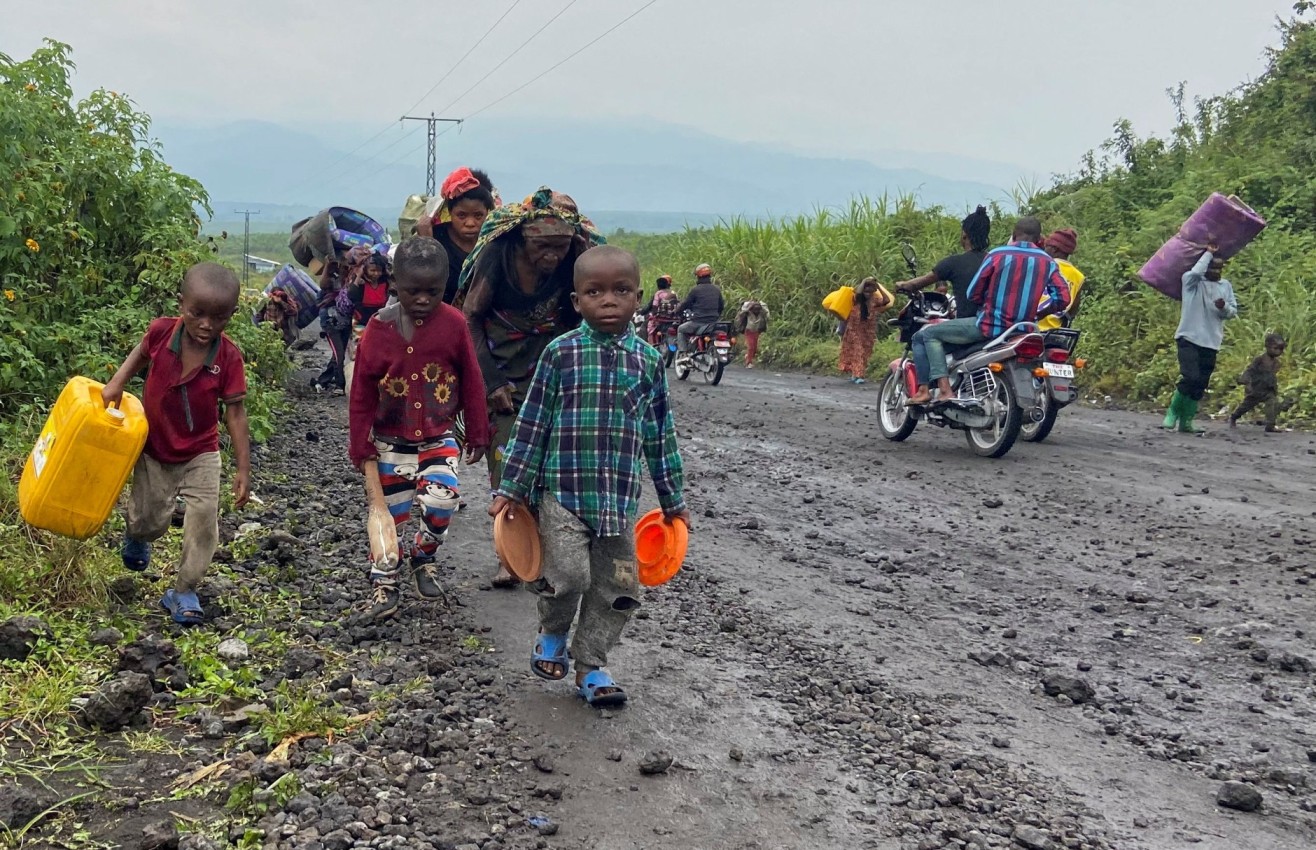 Civilians carry their belongings as they flee after heavy gunfire that raised fears of M23 rebels advancing along a road from Sake near Goma in the North Kivu province of the Democratic Republic of Congo. (Photo: REUTERS/Djaffar Sabiti, File Photo)
Civilians carry their belongings as they flee after heavy gunfire that raised fears of M23 rebels advancing along a road from Sake near Goma in the North Kivu province of the Democratic Republic of Congo. (Photo: REUTERS/Djaffar Sabiti, File Photo)
Top Stories Today
